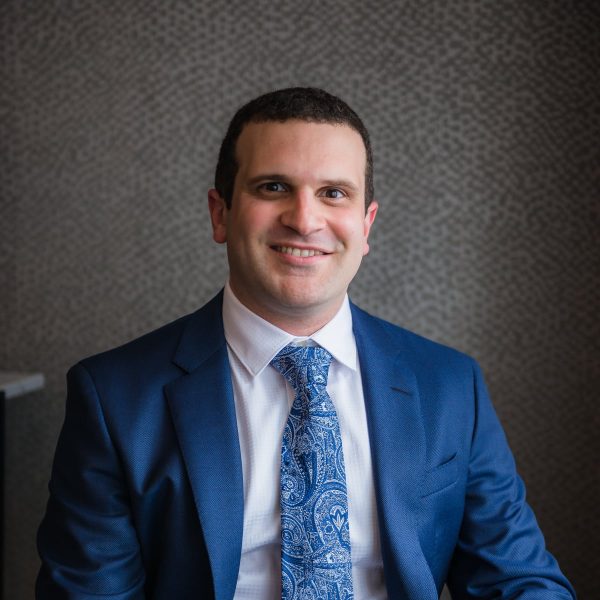General Surgery
Specialist General Surgeon
Dr Cohen-Hallaleh is a Specialist General Surgeon
General surgery is a surgical specialty that focuses on soft tissues and abdominal contents including the breast, neck, esophagus, stomach, small intestine, large intestine, liver, pancreas, gallbladder, appendix, and bile ducts, among other organs. However, general surgeons may also deal with diseases involving the skin, breast, soft tissue, trauma, peripheral vascular surgery, and hernias.
Dr Ruben Cohen-Hallaleh is a Specialist General Surgeon with dedicated training and significant experience in breast cancer surgery. This means he has undergone training at the highest level in a range of general surgical procedures in addition to performing breast cancer surgery.


General Surgery Procedures Performed by Dr Cohen-Hallaleh
Endoscopy (ie: gastroscopy or colonoscopy) is a non-surgical procedure that allows a doctor to view the inside of a person’s body, typically to diagnose, inspect, and sometimes treat conditions and abnormalities within the gastrointestinal tract.
Endoscopy services offered by Dr Cohen-Hallaleh:
- Esophagogastroduodenoscopy (EGD) / “Gastroscopy”: Used to view the esophagus, stomach, and the beginning of the small intestine (duodenum).
- Colonoscopy: Used to examine the colon and rectum.
Hernia surgery is a procedure to repair a hernia, which occurs when an organ or fatty tissue protrudes through a weak spot in a surrounding muscle or connective tissue. Hernias are most common in the abdomen but can also appear in the upper thigh, belly button, and groin regions. Surgery can be done using an open approach, laparoscopic method, or robotic-assisted method.
Types of hernia procedures offered by Dr Cohen-Hallaleh:
- Inguinal Hernia: Occurs in the inner groin.
- Femoral Hernia: Occurs in the outer groin.
- Umbilical Hernia: Occurs at the belly button.
- Incisional Hernia: Occurs through an incision or scar in the abdomen.
- Epigastric / Ventral Hernia: Occurs between the belly button and the lower part of the rib cage.
Gallbladder surgery, commonly known as a cholecystectomy, is a surgical procedure to remove the gallbladder, a small pear-shaped organ located beneath the liver, responsible for storing bile, a digestive fluid produced by the liver. The surgery is usually recommended for patients experiencing gallstones, inflammation, or other gallbladder-related issues.
Indications for Gallbladder Surgery:
- Gallstones causing pain or blockage (cholelithiasis)
- Inflammation of the gallbladder (cholecystitis)
- Gallbladder Polyps or tumors
- Biliary Dyskinesia, a condition where the gallbladder does not empty correctly
Skin cancer is the out-of-control growth of abnormal cells in the epidermis, the outermost skin layer, caused by unrepaired DNA damage that triggers mutations. These mutations lead the skin cells to multiply rapidly and form malignant tumors. The main types of skin cancer are:
- Basal Cell Carcinoma (BCC)
- Squamous Cell Carcinoma (SCC)
- Melanoma
- Merkel Cell Carcinoma
Soft tissue tumors arise from the soft tissues of the body such as muscles, fat, nerves, blood vessels, and connective tissues. These tumors can be benign or malignant (sarcomas).
Dr Cohen-Hallaleh performs routine in-rooms (minor procedures) and in-theatre (major procedures) on skin cancers and soft tissue tumours.
Common Presentation:
- Painless lump or mass
- Pain or soreness as the tumor grows and compresses surrounding structures
- Functional impairment in advanced cases
A lipoma is a benign tumor made up of fat tissue. It is usually soft to the touch and movable under the skin. Lipomas are typically not painful unless they press against nerves or have blood vessels running through them.
Dr Cohen-Hallaleh performs routine in-rooms (minor procedures) and in-theatre (major procedures) on lipomas and cysts.
Common Presentation:
- Soft, doughy feel
- Usually painless
- Typically less than 2 inches (5 centimeters) in diameter, but they can grow
- Generally, appears in the upper body, arms, or thighs
Prognosis:
Since lipomas are benign and do not turn cancerous, the prognosis is excellent. However, they can recur in the same location if the entire fatty tumor isn’t removed.
Dr Ruben Cohen-Hallaleh
Sydney surgeon and educator, Dr Ruben Cohen-Hallaleh has expertise in breast, endocrine, and general surgery. He brings together the latest in surgical techniques and non-invasive treatments with a careful consideration for each patient and their unique circumstance.
